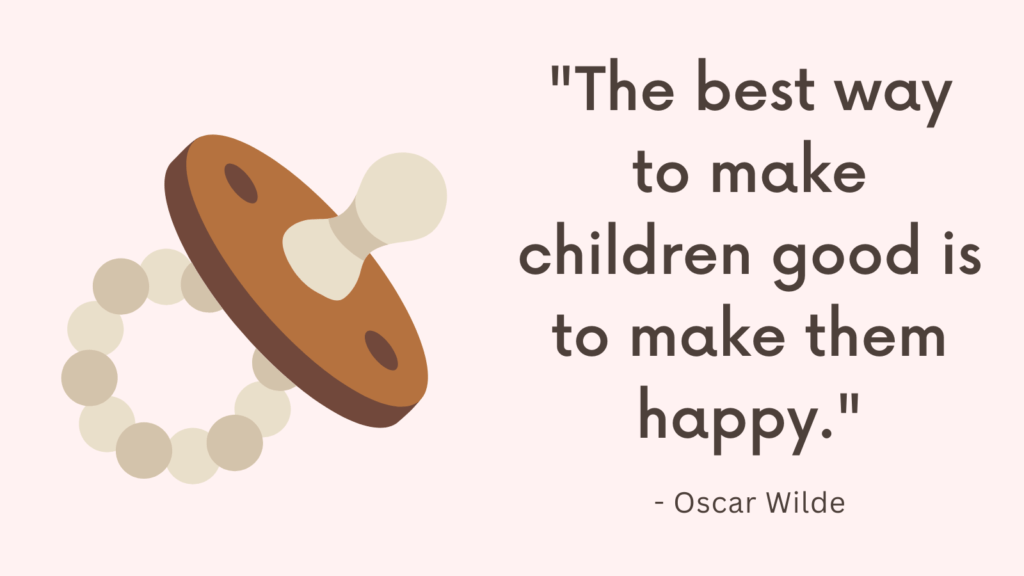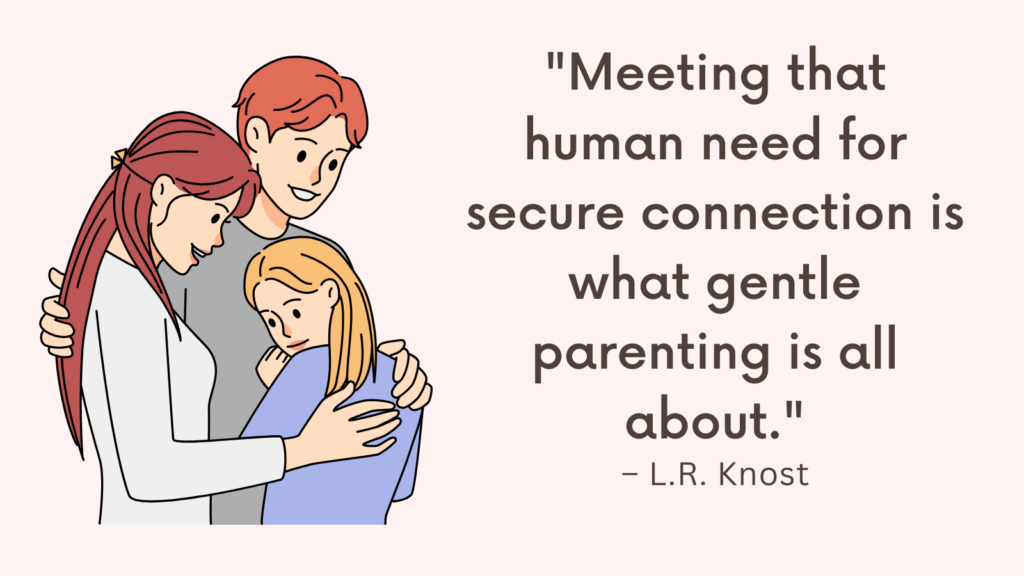This post includes “Is My Child Highly Sensitive Quiz.”
What Is A Highly Sensitive Child?
A highly sensitive child is a term used to describe children who have heightened sensitivity to their surroundings, emotions, and sensory stimuli.
High sensitivity is a personality trait that affects around 15-20% of the population, making it a common occurrence in children. (source)
These children tend to feel things more deeply and intensely than their peers.
They may be more easily overwhelmed by loud noises, bright lights, strong smells, or crowds.
Highly sensitive children may also be more intuitive, empathetic, and aware of other people’s feelings.
They may need extra support and understanding from parents, caregivers, and teachers to help them navigate the world and thrive.
It is important to remember that high sensitivity is not a weakness, but rather a unique aspect of a child’s personality that should be embraced and celebrated.
Related: Is My Child Gifted Quiz
Importance of Recognizing High Sensitivity In Children
Recognizing high sensitivity can be tricky as it often manifests differently in each child.
Some common signs include intense emotions, being easily upset by loud noises or bright lights, and being deeply affected by the moods of others.
These children may also be hesitant in new situations and may need extra time to adjust.
By recognizing these signs, parents and caregivers can provide a more nurturing environment for the child and help them develop coping mechanisms and strategies to manage their emotions.
For instance, if a child gets overwhelmed by loud noises, providing them with noise-cancelling headphones can greatly improve their ability to focus and participate in activities.
Similarly, teaching them relaxation techniques such as deep breathing or meditation can help soothe their heightened emotions.
Related: Best 10 Gentle Parenting Books
Is My Child Highly Sensitive Quiz
Results
#1. Does your child seem to be easily overwhelmed or overstimulated by loud noises, bright lights, or crowded places?
#2. Does your child have a strong emotional reaction to minor changes in routine or schedule?
#3. Does your child have a heightened sensitivity to physical sensations such as touch, taste, or smell?
#4. Does your child become easily upset by criticism or perceived disappointment?
#5. Does your child seem to be deeply affected by the emotions of others, both positive and negative?
#6. Does your child need frequent alone time or quiet activities to recharge their batteries?
#7. Does your child struggle with transitions or new experiences, often needing extra time to adjust?
We will not sell your information. All results are kept confidential.
This quiz is for informational purposes only. It is not meant as a diagnostic or assessment tool.
Results
The questions above represent common signs of high sensitivity. If you answered yes to most of these questions, then your child might be highly sensitive.
Related: Does My Child Need Occupational Therapy Quiz
Challenges Faced By Highly Sensitive Children
Highly sensitive children can face a variety of challenges in their daily lives due to their sensitivity to sensory stimuli, emotions, and the environment.
Here are some common challenges faced by highly sensitive children and how to overcome them:
1. Overstimulation
Highly sensitive children can easily become overwhelmed by loud noises, bright lights, and strong scents.
To overcome this, provide a calm and quiet space for them when they need to rest and take regular breaks from stimulating activities.
2. Emotional Intensity
Highly sensitive children often feel emotions very deeply, which can sometimes lead to overreacting or becoming easily upset.
Helping them to recognize and name their emotions can be helpful, as can teaching them calming techniques such as deep breathing, meditation, or yoga.
3. Sensitivity to Criticism
Highly sensitive children may take criticism more personally than others.
Encourage them to focus on constructive feedback rather than taking criticism as a negative reflection on their abilities.
4. Social Anxiety
Highly sensitive children can feel uncomfortable in social situations with new people or groups.
Encourage social interactions through playdates or small group settings, and gradually increase the complexity of social situations as they become more comfortable.
Related: Helicopter Parenting: Pros and Cons of Over-Parenting
Parenting Strategies For Highly Sensitive Children
Parenting a highly sensitive child can be challenging, as they tend to be easily overwhelmed by their surroundings.
However, there are a few strategies that you can use to help your child feel more comfortable and secure.
1. Validate their feelings
Highly sensitive children often experience intense emotions, and it’s important for parents to acknowledge and validate their feelings.
Let them know that it’s okay to feel the way they do and create a safe space where they can express themselves freely.
2. Teach self-regulation
Help your child learn self-regulation techniques such as deep breathing, mindfulness, and visualization to calm themselves down when feeling anxious or stressed.
3. Create a calm environment
Avoid loud noises, bright lights or crowded places that might make your child feel overwhelmed.
Designate a quiet space in your home where they can retreat to when they need to recharge.
4. Set clear boundaries
Highly sensitive children can become easily overstimulated and may need guidelines in place to help them manage their emotions.
Set clear boundaries around screen time, social activities, meals, and sleeping patterns.
5. Use positive reinforcement
Highly sensitive children respond well to positive reinforcement.
Recognize their strengths, celebrate their achievements and help them build their confidence.
6. Encourage self-care
Teach your child to recognize when they need to take a break and engage in self-care activities such as yoga, meditation, or spending time in nature.
7. Normalize sensitivity
Remind your child that being highly sensitive is not a weakness but a strength and that many people experience similar feelings.
Related: Best 8 Books For Stay At Home Mom
Conclusion
Recognizing high sensitivity in children is crucial to their emotional and mental well-being.
These children are easily overwhelmed by their environment due to their heightened senses and emotional reactivity.
This sensitivity can greatly affect their ability to learn, make friends, and manage their emotions.
It is important for parents and caregivers to understand this trait and its impact on their child’s behavior.
By providing them with the tools and resources they need to manage their sensitivity, they can learn to overcome challenges and thrive in their daily lives.







